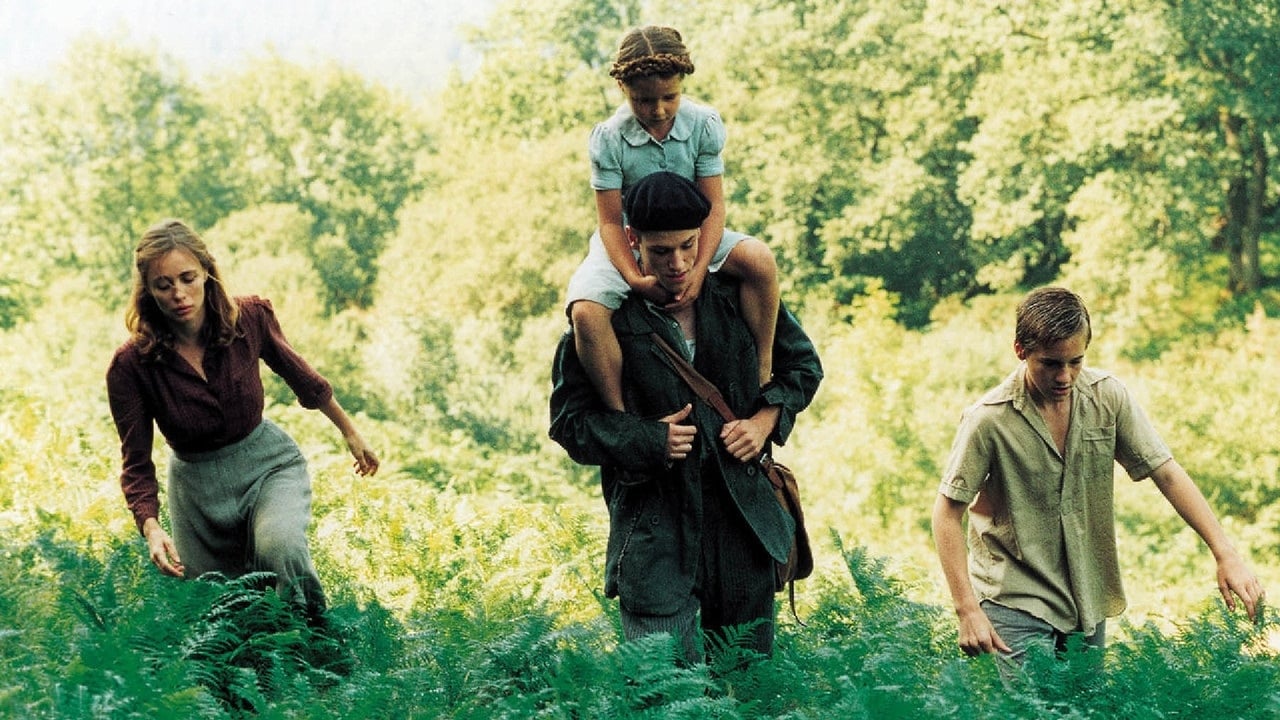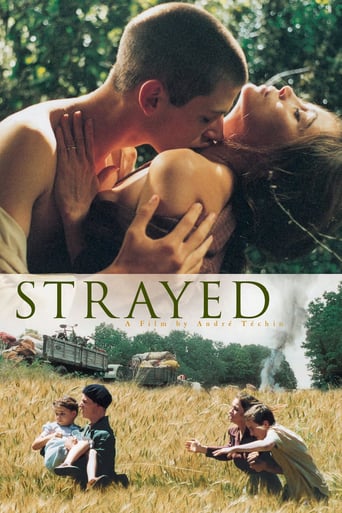



Sadly Over-hyped
Am I Missing Something?
It’s fine. It's literally the definition of a fine movie. You’ve seen it before, you know every beat and outcome before the characters even do. Only question is how much escapism you’re looking for.
View MoreA film of deceptively outspoken contemporary relevance, this is cinema at its most alert, alarming and alive.
View MoreMuch has already been said by other viewers about the relationship of the characters in the movie. Viewers have rightly noted that the characters live in a world of chaos when everything seems to be falling apart: the everyday comfortable world, the family ties, the rules and inhibitions. But such circumstances bring out in people what they really are. People set aside social convention and struggle for survival, need of love, protection, in a desperate search for something to hold on to in this world. They build a small fragile world of their own, which may seem pretty strange, but the only one working at the moment. They form the most sincere primeval bonds, and these bonds shatter one day when the outer world reminds the isolated group of survivors (noble savages) of itself. Yvan gets caught, and the truth about his past becomes known, and it suddenly matters. Odile and the children betray Yvan, failing to claim him as one of their own, flinching from his identity and background. I think that that is the ultimate reason for Yvan's suicide: he can't stand this abrupt end to the only spell of happy life he must have known, he can't survive this betrayal. And the betrayal backfires on Odile and the children: their life in the refugee camp also debases them, the outer filth of the camp and thelack of freedom they used to enjoy in that forgotten country house is the price they pay for their cowardice and indecision at the most crucial moment. One white lie, making it possible for Yvan to gain time, to escape, and everything could have been different. I think they slowly start to learn their lesson, but the price paid for this lesson is too high, and the bitterest thing is that it's not they who pay it.
View MoreI love this movie. As usual of a French movie, it contains a minimal amount of dialogs. The viewer needs to pay attention to their gesture of emotion, not simply hearing it from the dialog. Hollywood movies are too obvious when it tells everything and leave no spot for viewer to interpret. But if you love a movie that's artsy, it's for you! Gaspard Ulliel is brilliant. Bert is excellent too! She really carries on the story well. But Gaspard shines in the role of the upbeat, mysterious teenager. He still maintains that mystery about the character even to the end. THe movie sets in a wonderfully preserved place and sometimes I watch it just to see how beautiful nature is. Essentially, this movie is not about a war, but about human relationships being put into an intimate situation!
View More"Strayed" is a film which examines the relationship which develops between a displaced war widow, Odile, who is fleeing Paris with her two children during WWII and an inscrutable 17 year old boy, Yvan, who seems too much at home in the forest where the woman finds herself stranded. As the four set up house-keeping in a secluded abandoned home and the film follows their day to day activities with the rumbling of war in the distance, it becomes increasingly apparent that there is something more than just desperation and the mutual need to survive drawing Odile and Yvan together. In typical French fashion, "Strayed" ignores the excitement and adventure to be found in war torn France to study the nuances of the unusual and unrelenting relationship between the two unlikely refugees making it a good watch for those into French people flicks. (B)
View More"Strayed (Les Égarés)" can't quite decide if it's a grittily realistic World War II drama or one of those let's-set-up-a-plausibly-extreme-situation-and-see-how-humans-react games. The believable set-up of a widow and two children amidst frightened refugees fleeing Paris in 1940 is reinforced with intercuts of black-and-white newsreel-type footage. The second act in an isolated farmhouse with a helpful teenage boy suspiciously strains credulity, but the acting, particularly by Emmanuelle Béart, convinces us to accept the exploration of humanity. But the arrival of retreating soldiers just confuses the bifurcation as it overlays both genres such that we just don't understand the characters' motivations in the climax, whether as realism or metaphor. As in writer/director André Téchiné's "Alice and Martin," there's a final coda that adds new information on a character to change your perceptions. The novel it is based on does not appear to be available in English to see what he changed from the source material. It is also possible Téchiné is making points about French political history, of which I was only able to pick up a few of the references as I know little about Vichy France, such as the house they are squatting in belongs to a Jewish musician who clearly will not be returning and the son's example of cultured singing is a German lieder. The cinematography by Agnès Godard is beautiful.
View More